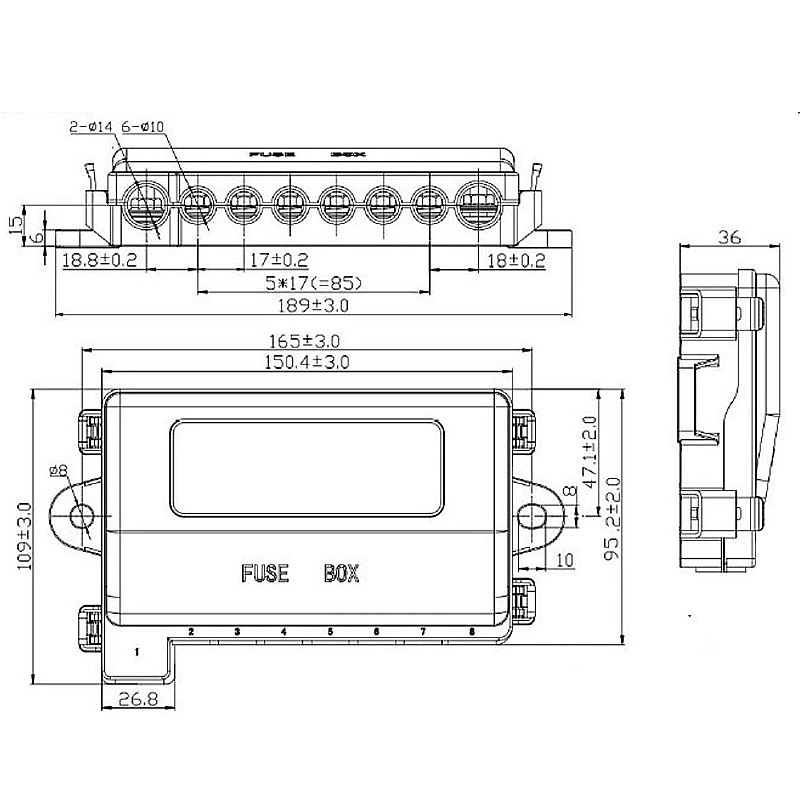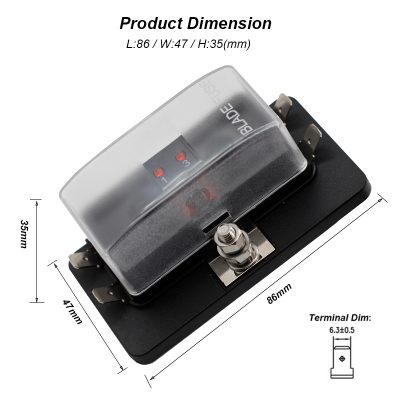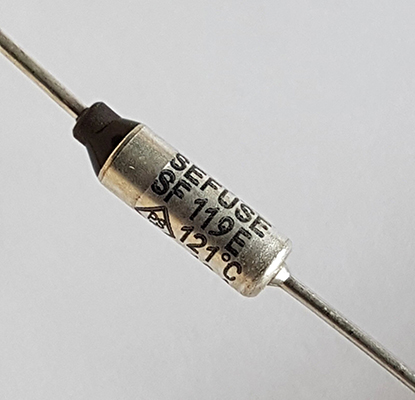Critical Functions of Fuse Boxes in Starter Motor and Engine Ignition Circuits
News 2025-10-20
Fuse boxes are essential components in automotive electrical systems, particularly for protecting starter motors and engine ignition circuits. They act as safeguards against electrical overloads and short circuits, preventing damage to critical parts. In vehicles, these fuse boxes ensure reliable operation by interrupting current flow when abnormalities occur, thus enhancing safety and longevity of the system. Understanding their role helps in maintaining efficient engine starts and ignition processes, which are vital for smooth vehicle performance.

Applications in Automotive Systems
Fuse boxes find extensive use in various automotive applications, especially in starter motor circuits where high current demands can lead to overheating. For instance, in cars and trucks, they protect the starter solenoid from excessive loads during engine cranking. Similarly, in engine ignition circuits, fuse boxes safeguard components like spark plugs and ignition coils from voltage spikes, ensuring consistent combustion and fuel efficiency. This protection is crucial in modern vehicles with electronic controls, where even minor faults can cause significant downtime.
Performance Advantages
One key advantage of fuse boxes is their ability to provide rapid response to electrical faults, minimizing the risk of fire or component failure in starter and ignition systems. They offer high reliability with low maintenance needs, as fuses are easily replaceable. Additionally, these boxes improve system efficiency by allowing precise current rating selections, which optimize energy use and reduce wear on motors and circuits. In high-performance engines, this leads to better acceleration and reduced emissions, making fuse boxes indispensable for both safety and operational excellence.
Frequently Asked Questions
1. What is the primary role of a fuse box in a vehicle?
It protects electrical circuits by breaking the connection when current exceeds safe levels, preventing damage to components like starter motors and ignition systems.
2. How do fuse boxes enhance safety in engine ignition?
By quickly detecting and interrupting overcurrent conditions, they avoid potential fires or explosions in ignition circuits, ensuring safer vehicle operation.
3. Can a faulty fuse box affect engine starting?
Yes, a malfunctioning fuse box may fail to protect against overloads, leading to starter motor burnout or ignition failures, which can prevent the engine from starting.

